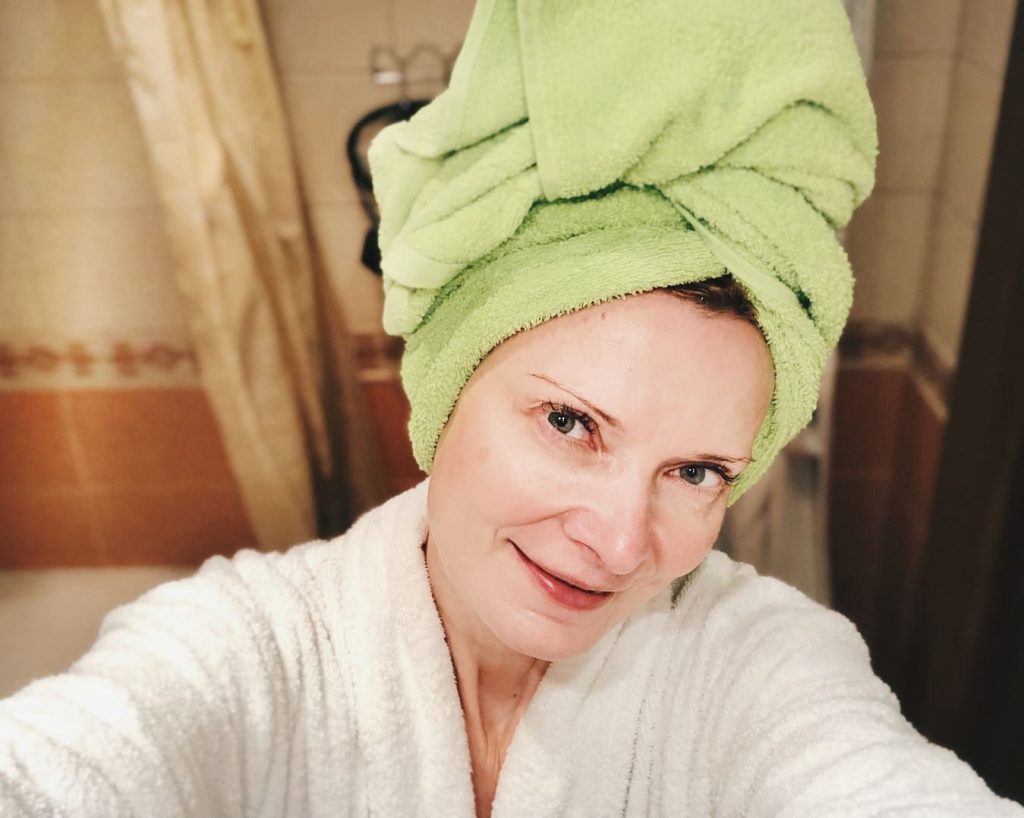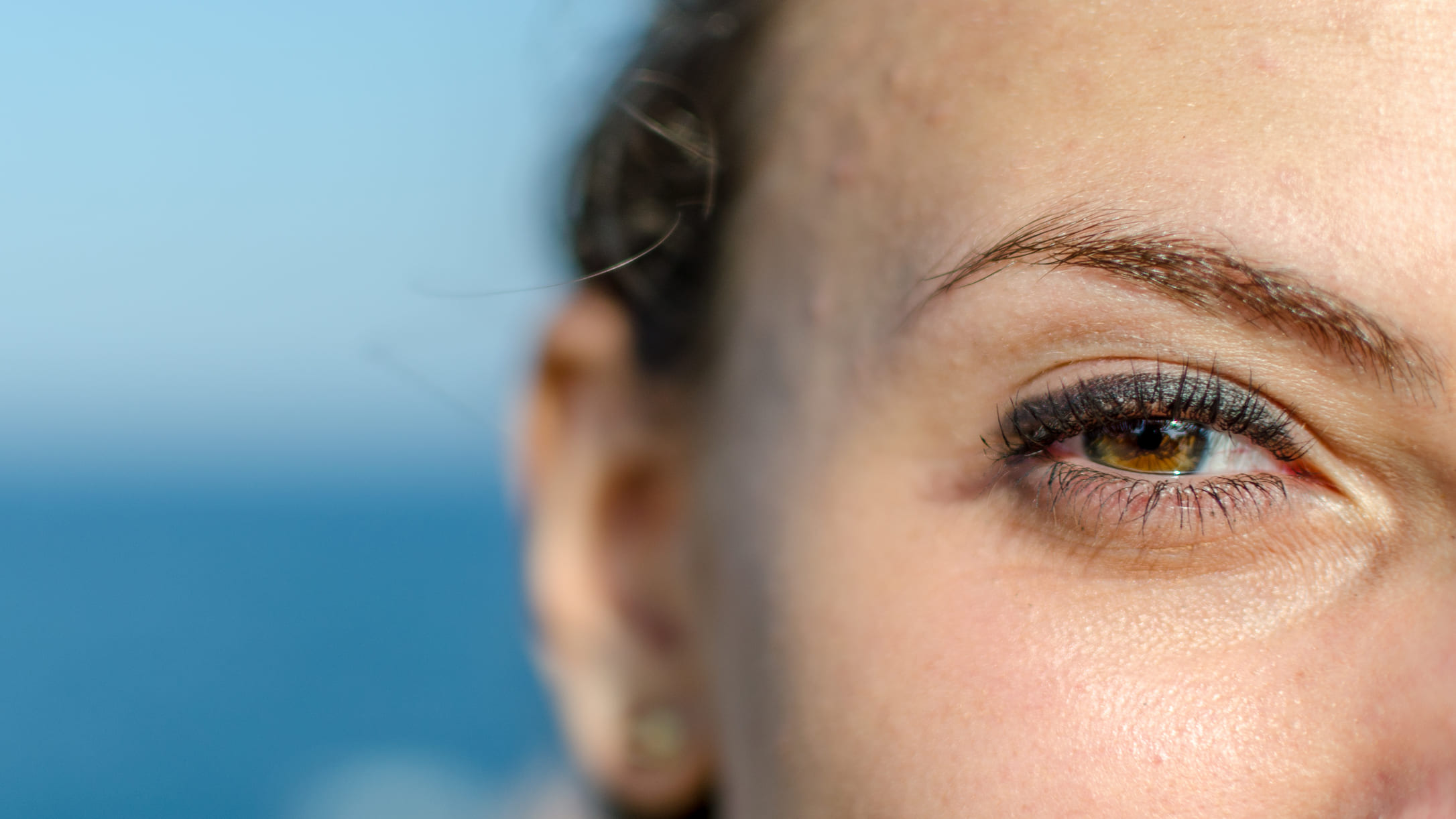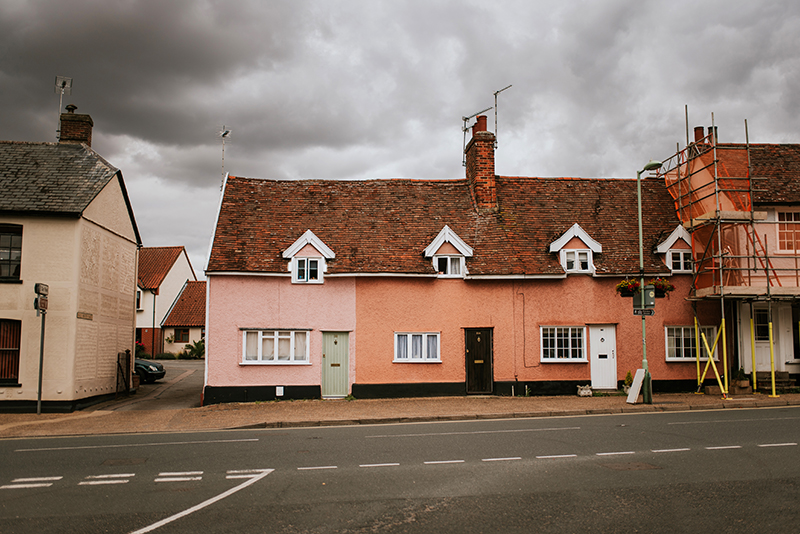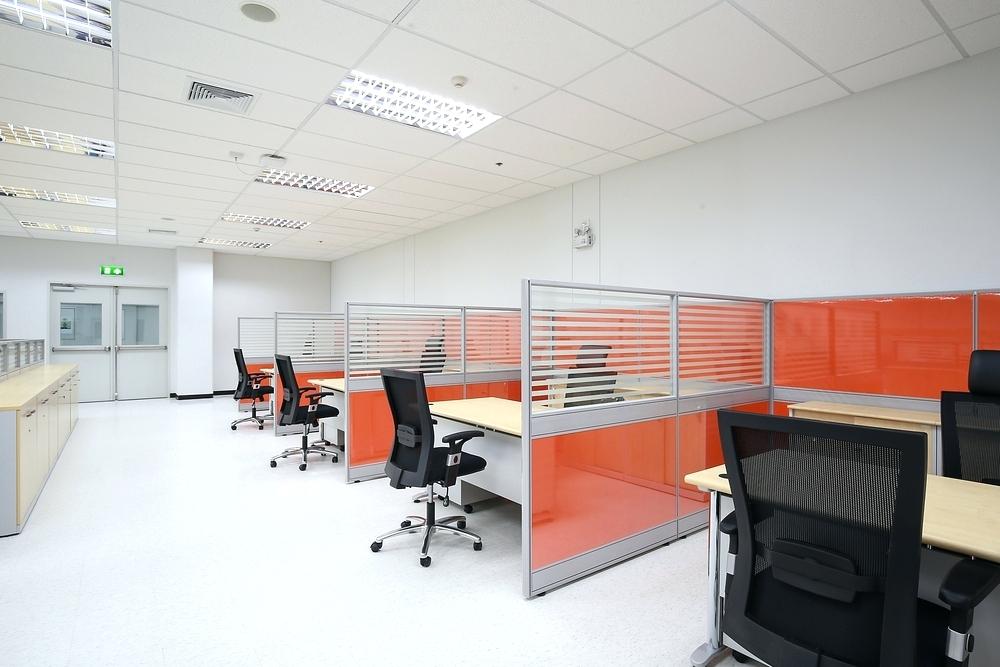Summertime triggers are a three-pronged threat for rosacea, and according to a National Rosacea Society survey, 61% of rosacea sufferers count sun exposure as their biggest trigger. Another 53% blame hot weather for their summertime flare-ups, and 39% report vigorous exercise as their biggest aggravator. If you’re outside on your way to work or spending a weekend in the park or on the beach, and you exercise to stay fit, summer can become an incredibly triggering time for rosacea symptoms.
Foods you would commonly find at a barbecue have been reported by some sufferers to aggravate their rosacea, including spicy foods and alcoholic beverages, and for some this includes tomatoes, citrus fruits, and marinated meats.
Rosacea, while not as common as other skin conditions, affects around 10% of the Australian population and unfortunately, has no cure. It can be managed with topical rosacea creams to reduce inflammation, redness, and bumpy skin. While lifestyle changes, in-clinic laser or IPL or light treatments for redness and broken vessels will complement any rosacea treatment cream.

What is rosacea?
Rosacea (pronounced: ro-SAY-sha) is a chronic inflammatory disorder that occurs on the facial skin. The most common symptom is redness across the centre of the face (nose, cheeks, chin, and forehead). This redness is ever-present and intensifies from time to time. Acne-like spots, rough skin, and visible blood vessels (called ‘telangiectasia’) can also develop as the rosacea progresses.
People with rosacea tend to flush or blush, especially when nervous or anxious, drinking alcohol, eating spicy food or after exposure to the sun. Cold, dry weather can also make rosacea flare up. Dry, itchy, and sensitive skin that reacts to skincare products are also common symptoms.
It most often affects women over the age of 30 with lighter skin tones, although it can develop at any age, and can occur in deeper skin tones. Rosacea has also been found to run in families. In men over 50, rosacea can present as thickened, red, and lumpy, bulbous skin, particularly on the nose (called ‘rhinophyma’).
Sore, dry, red, bumpy, and sensitive skin can make you feel anxious, embarrassed, and depressed, which we all know does nothing for your self-confidence. If you suspect you may have rosacea, you either visit a dermatologist or get in contact with a telehealth medical skincare provider to have them prescribe a tailored rosacea cream suited to your skin.
Customised prescription rosacea creams
Doctors and dermatologists can customise the best rosacea treatment cream for you. You can choose to visit in person or use a telehealth medicine provider to consult with a doctor online via a one-to-one video call. They can help you identify any rosacea triggers and explain which of the multiple rosacea treatment options are right for you.
Using clinical guidelines based on the most current and best-available evidence they will design the right rosacea treatment for you – a cream with a fully customised blend of active ingredients that can be adjusted to suit your skin’s tolerance, allergies, and sensitivity level, available only on prescription.
These prescription rosacea creams will contain powerful active ingredients such as:
Azelaic acid – prescription-strength concentrations will help minimise spots, calm inflammation, kill bacteria, and unclog pores which can lead to the bumps that are often mistaken for acne.
Niacinamide – this works to soothe inflammation and improve the skin barrier function.
Metronidazole – a topical antibacterial, anti-inflammatory, and antiprotozol medication that is used to treat mild-moderate rosacea. Multiple clinical trials have demonstrated the effectiveness and safety of this drug in treating rosacea and reducing facial redness.
Prescription retinoids – these should only be included in your skincare regimen once you have learnt how to manage your rosacea. Even then, only prescription strength retinoids that are well-tolerated by sensitive skin should be used.
How can you manage rosacea during the summer?
With no cure, managing and minimising flare-ups is the only way to handle rosacea. Just because you have rosacea doesn’t mean you should sit at home and miss all the summer fun and festivities. Instead, find ways to minimise flare-ups when you exercise, attend social events, and any time you are outside.
During workouts
When it’s hotter outside, blood flow to your skin increases. When you exercise or sweat, your body works harder to keep you cool, which, inadvertently exacerbates your rosacea symptoms.
- Exercise early in the morning or late in the day when temperatures are cooler, the sun isn’t as hot and shining directly on your face.
- Exercise indoors where it’s air-conditioned to keep your skin temperature regulated.
At social events
A hectic social calendar leads to added stress and can result in consuming foods and drinks that can trigger rosacea flare-ups.
- Minimise stress through meditation or deep breathing to calm your nerves before or after stressful social occasions.
- Avoid alcohol if it’s one of your rosacea triggers or alternate between white wine spritzers and cold water.
- Limit your intake of spicy foods that can bring about skin redness.
In the sun
You might be spending more time outside, so remember to shield your skin to minimise flare-ups.
- Wear plenty of sunscreen when you are outside and reapply every 2-3 hours.
- Wear a hat and sunglasses to protect your face.
- Avoid getting a sunburn when you’re outdoors.
A rosacea-friendly skincare routine
Likewise, overloading your skin with products, using grainy exfoliants, or abrasive cleansing tools (including overzealous rubbing with a soft face cloth or washer) can cause rosacea flare-ups or encourage persistent redness. Finding a sunscreen that doesn’t sting is vital.
What to DO
- Keep your skincare routine simple.
- Only use gentle, fragrance-free products.
- Use your fingers to cleanse the skin.
- Keep cleansing to a minimum.
- Rinse your skin using lukewarm water.
- Focus on moisturising.
The right combination for your skin
Rosacea can be difficult to manage with heightened skin sensitivity and dryness. Sun protection and changing your summer lifestyle habits, when coupled with a prescription treatment tailored to your needs, can vastly reduce the severity of your rosacea symptoms while minimising their progression.



